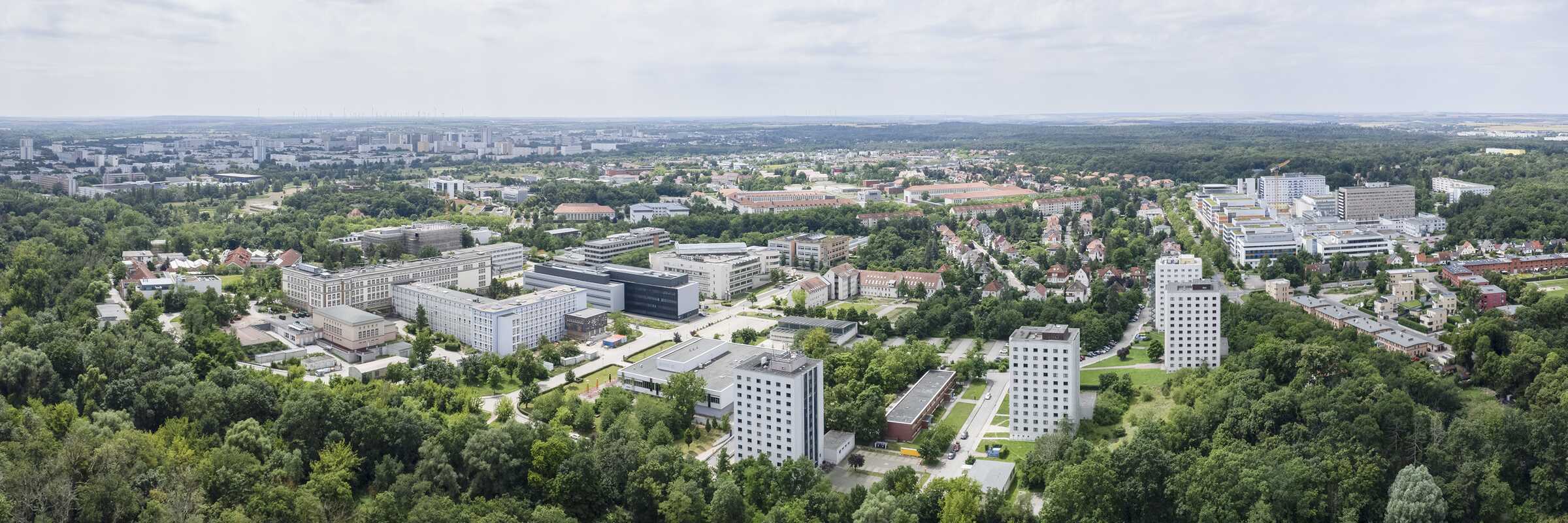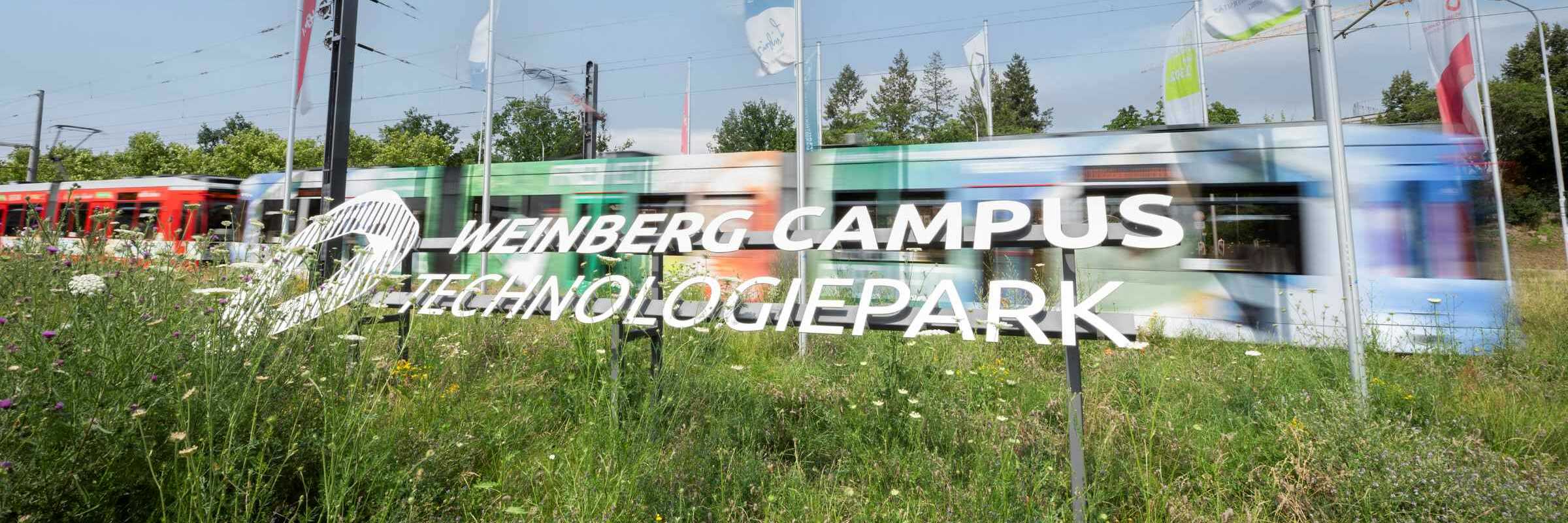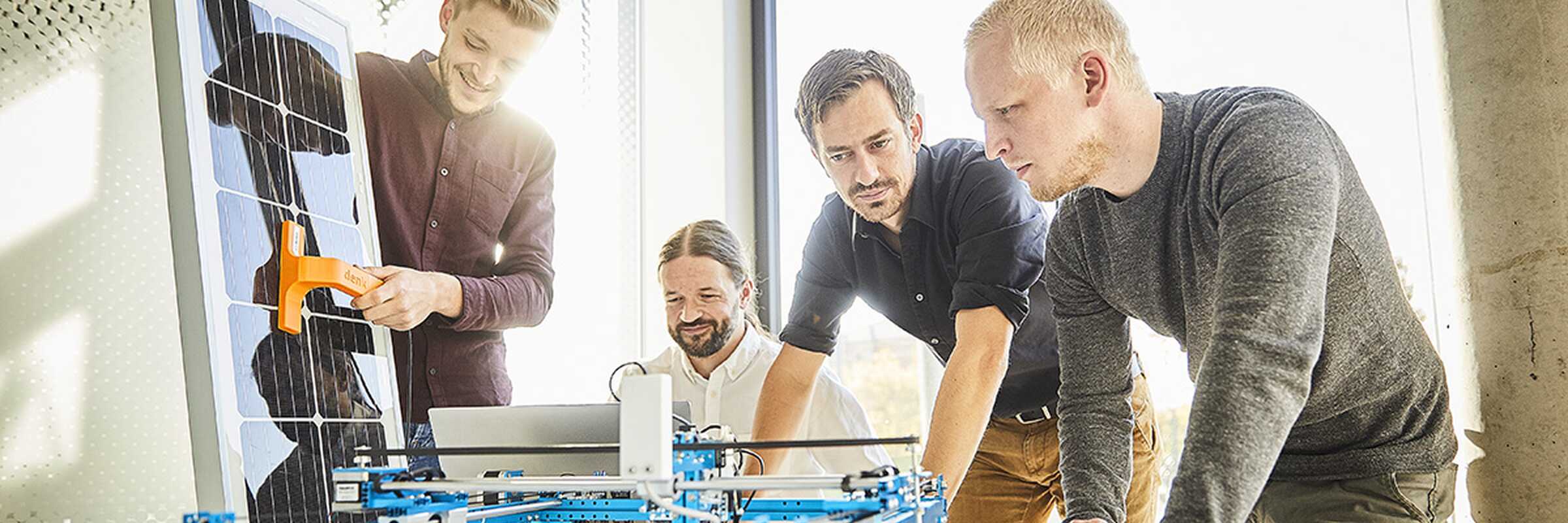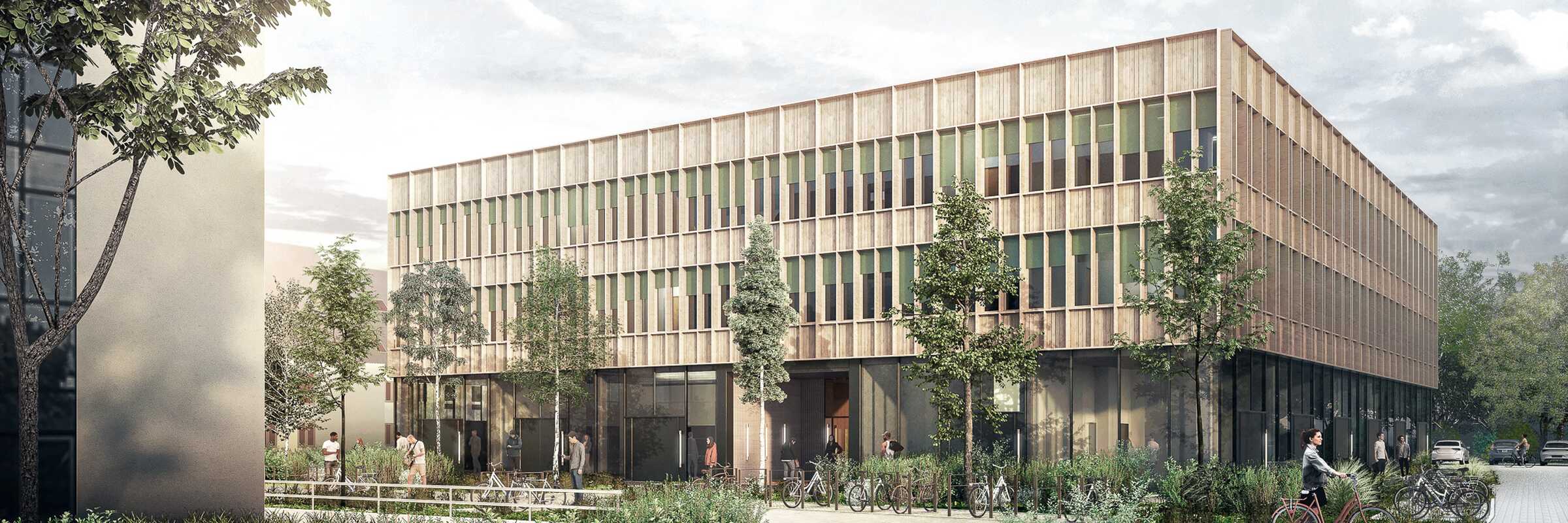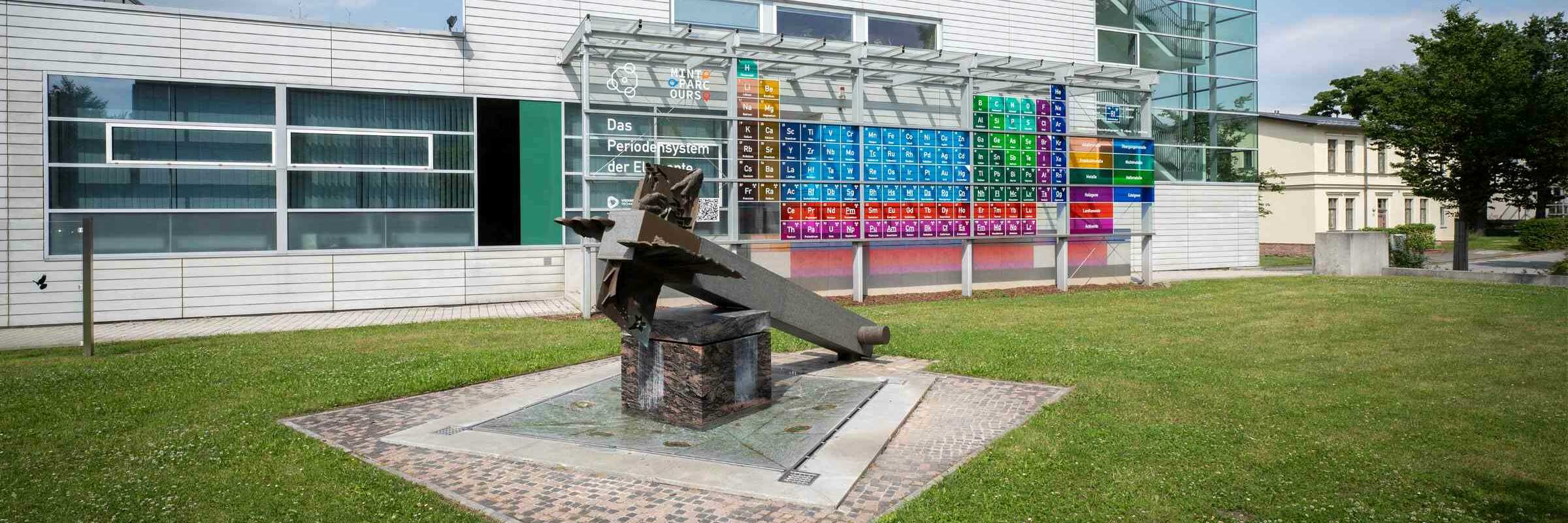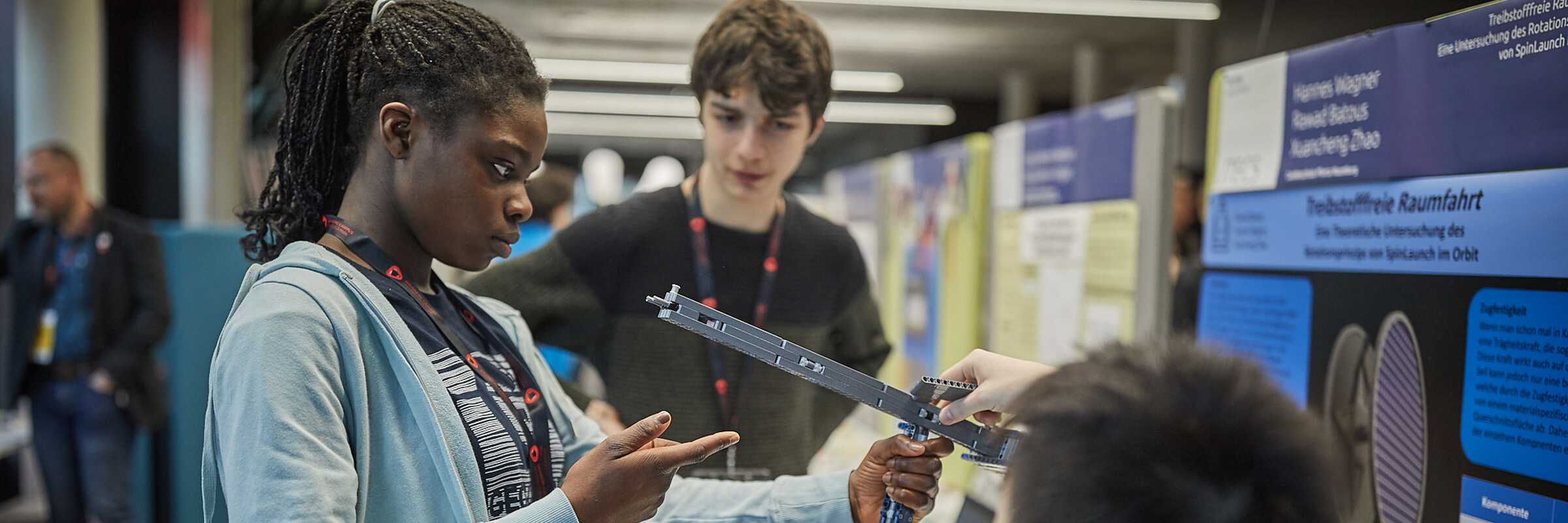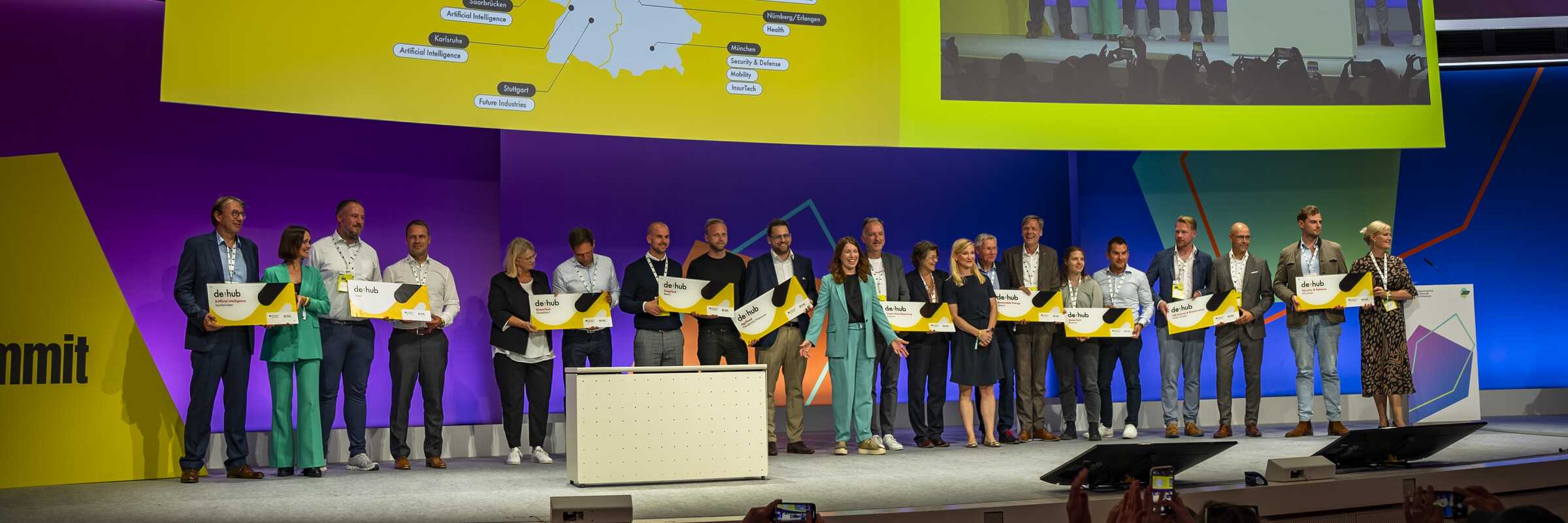Prof. Dr. Dr. h.c. mult. Stuart Parkin
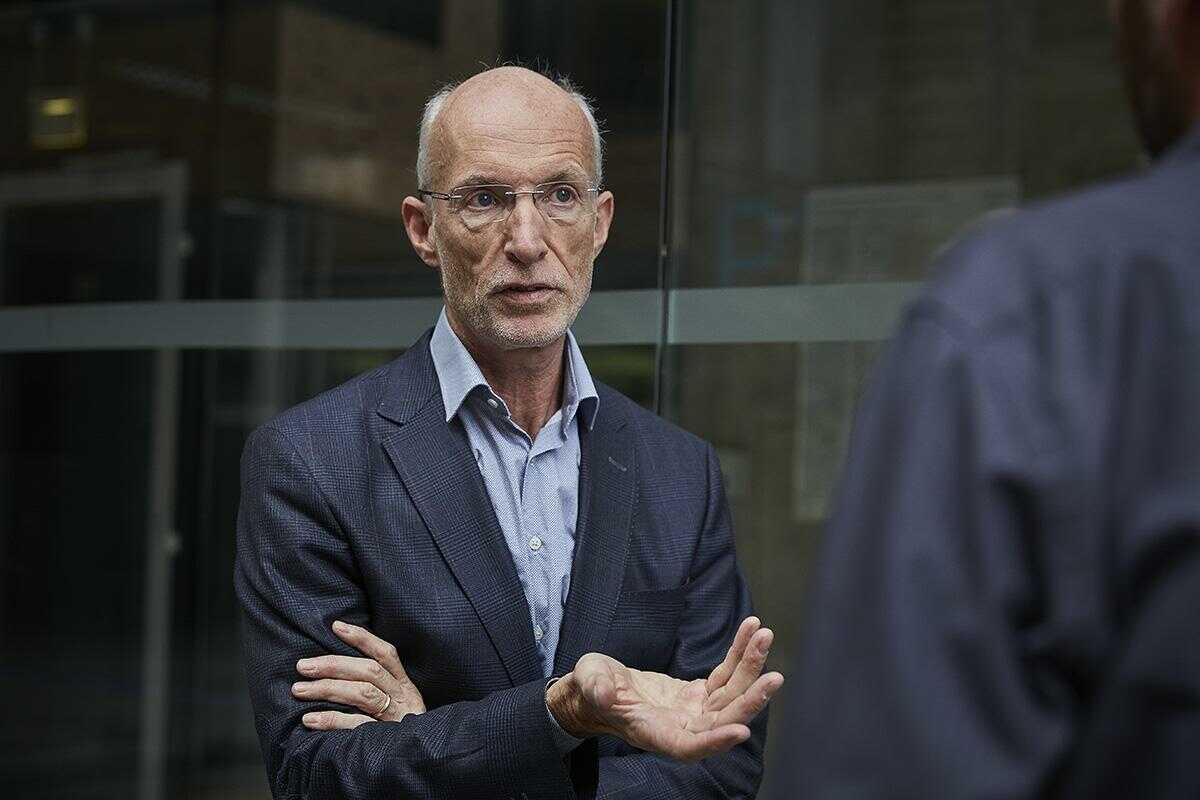
Could you please introduce yourself and say something about your research focus?
My name is Stuart Parkin, I am managing director of the Max Planck Institute of Microstructure Physics and my department is involved with new materials that could transform the world. We want to particularly create new materials that could be useful for memory and computing applications.
What is the significance of your research work in a national and international context?
We want to be competitive internationally. We want to do research that nobody else is doing and to go beyond of what is the state of the art and in particular we want to develop entirely new concepts for storing information in ways that are not done today to enable us for example to go beyond Moore's law, while most of today’s computing systems/computing technologies are essentially at the end of their technology roadmap. So we have to do something totally different and in particular we want to use new materials that we create, one atomic layer at a time, to enable us to have materials with properties that could be useful for new forms of computing.
For example in particular we want to use the spin of the electron to create new devices that operate on a fundamentally very different principle by passing spin currents that consume no energy. We use spin currents to manipulate tiny nano-objects in which we can store information. Or alternatively we want to use currents of ions to manipulate and transform materials in ways that we could use to store information or even to do computing information at energies that are a fraction of what is needed today. And we want to do this by collaboration both within Germany/within Europe and internationally with countries beyond Europe for example with some of the companies that are the leading companies in the world in manufacturing new technologies. What they are lacking is new materials and new concepts for devices that we can do in my institute in Germany.
Could you give some examples of the industry partners?
Let’s say, industry partners that we could potentially work with would be the major memory manufactures for example Samsung, which is one of the biggest companies in the world and one of the best leading technologist. It also could be GLOBALFOUNDRIES which has some factories in Dresden and elsewhere around the world, it could be Intel that has major investments in new types of computing. It could be IBM, which is still interested in developing new technologies for its computing systems.
What are the advantages of working at the Weinberg Campus today?
I think the Weinberg Campus is a very interesting center of institutes. The university, other institutes, Max Planck Institutes. So it has a critical mass of people and capabilities to enable us to carry out a wide range of research. And I think the Weinberg Campus in that regard combines a very good university, the Martin Luther University and of course I collaborate closely with different professors of the physics department and other parts of the university like the chemistry department. We also are involved in the SFB programs, which are national German programs with the university and we hope to establish a new one on some aspects of the spin based materials in the future.
What do you want from a research perspective and from a personal perspective for your Institute?
I think that is a very excellent question and I think the campus should have a 10-year or 20-year-plan to evolve itself too. At my institute we have essentially totally reformulated the institute. I am a new director, I have been here for three years and the Max Planck Society has hired two new directors in fields that are not the same but related to the same concept that we want to imagine. Totally new materials, totally new devices that could transform the world and I think in that sense we will have a critical mass of people but beyond that I imagine in 10 years time, the Max Planck Institute itself might be twice as big. Let’s say six directors, which I think is needed. It is very interdisciplinary, so you need a lot of different people that think differently, with knowledge of different parts of science and it is at the boundaries between these different areas of science where you can maybe do entirely new things. So I think for Max Planck Society or Max Planck Institute we need enough people in different disciplines so that they can cross-fertilize ideas and perhaps can come up with new concepts that individually may not be possible.
Can you think of a funny story that connects you to the Weinberg Campus?
One thing I expected when I came to Germany was that I could drive at any speed on the highways. But I discovered that in Germany it is very strange, it is rather funny in my mind that the speed changes every few kilometers in ways that are totally unanticipated. And this means that unfortunately I did get a couple of tickets and could not drive for a couple of months but I think my expectation was that in Germany you could basically drive at any speed most of the time.
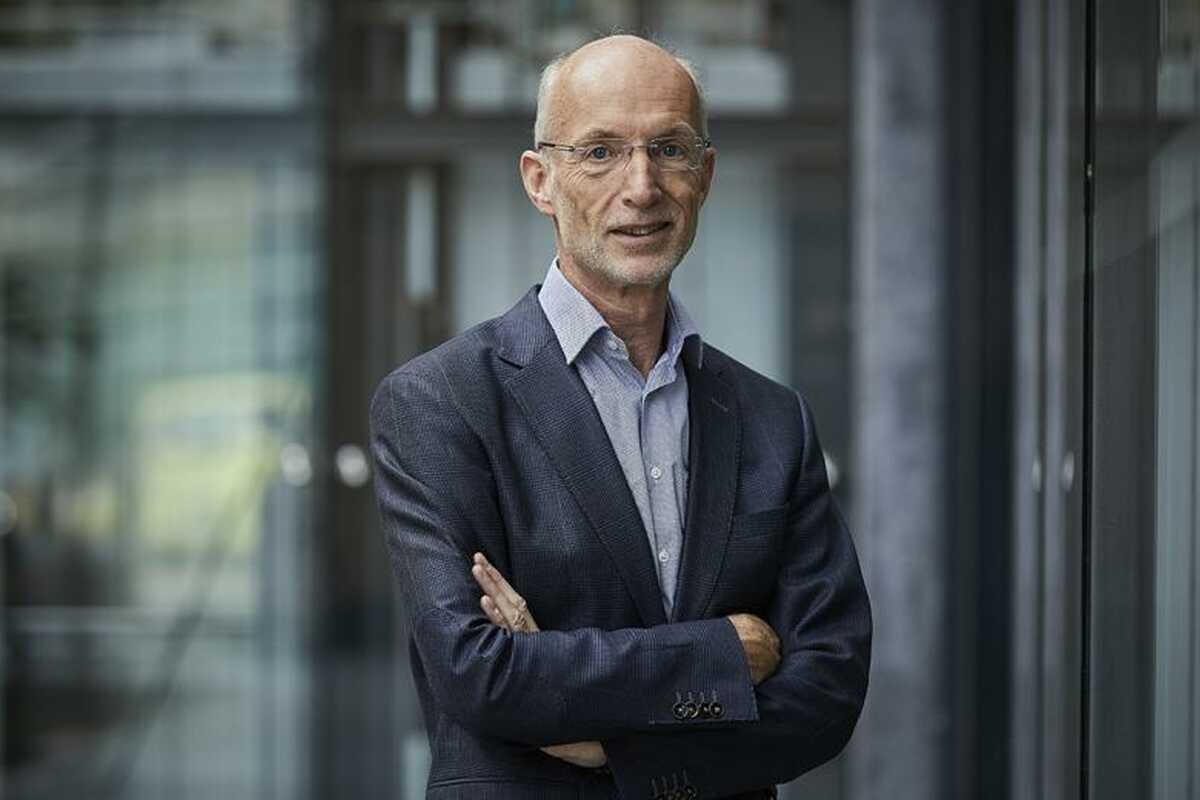
Prof. Dr. Dr. h.c. mult. Stuart Parkin
Max-Planck-Institut für Mikrostrukturphysik
Weinberg 2
06120 Halle
Tel: +49 (0)345 5582 657
Fax: +49 (0)345 5511 223
E-Mail: stuart.parkin@mpi-halle.mpg.de

